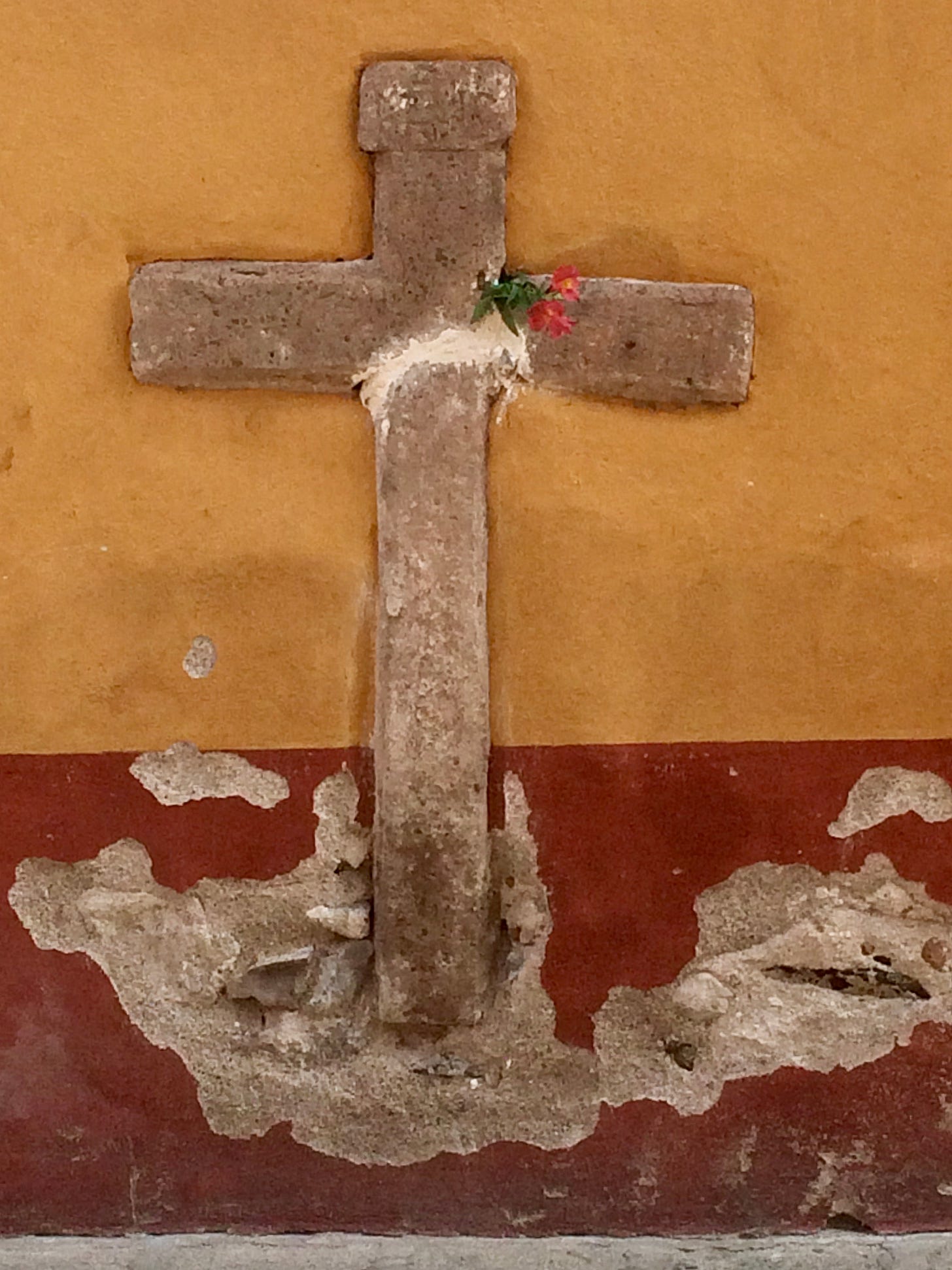“I’m not interested,” Sister Gretchen said firmly, her New Orleans accent softening the negative impact of her words. She smacked one dimpled hand firmly down on the conference room table for emphasis.
“I don’t even like the Basilica!” she added, laughing.
Her reaction took me by surprise. Are nuns allowed to say ‘no’ to work assignments?
But then, Sister…
Keep reading with a 7-day free trial
Subscribe to A Storyboard Life to keep reading this post and get 7 days of free access to the full post archives.




